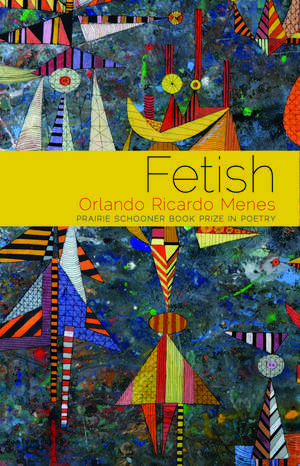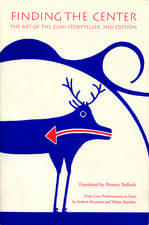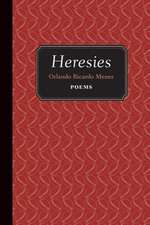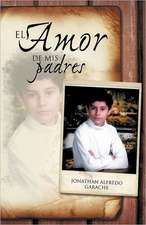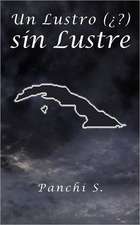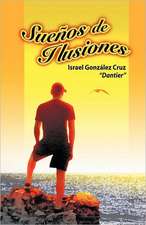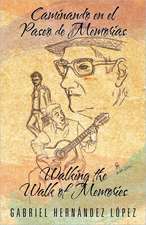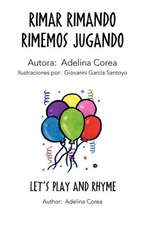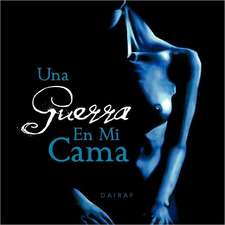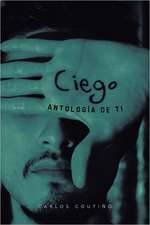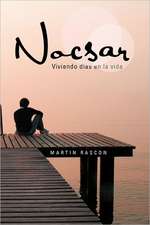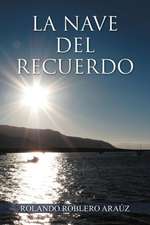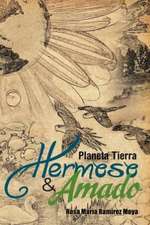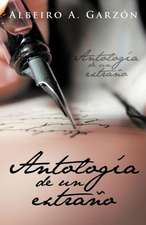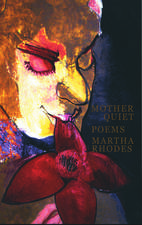Fetish: Poems: The Raz/Shumaker Prairie Schooner Book Prize in Poetry
Autor Orlando Ricardo Menesen Limba Engleză Paperback – 31 aug 2013
From sensual pleasures and perils, moments and memories of darkness and light, the poems in Orlando Ricardo Menes’s collection sew together stories of dislocation and loss, of survival and hope, and of a world patched together by a family over five generations of diaspora. This is Menes’s tapestry of the Americas. From Miami to Cuba, Panama to Bolivia and Peru, through the textures, sounds, colors, shapes, and scents of exile and emigration, we find refuge at last in a sense of wholeness and belonging residing in this intensely felt, finely crafted poetry.
Preț: 100.63 lei
Nou
Puncte Express: 151
Preț estimativ în valută:
19.26€ • 20.91$ • 16.18£
19.26€ • 20.91$ • 16.18£
Carte disponibilă
Livrare economică 01-15 aprilie
Preluare comenzi: 021 569.72.76
Specificații
ISBN-13: 9780803264915
ISBN-10: 0803264917
Pagini: 96
Dimensiuni: 140 x 216 x 8 mm
Greutate: 0.13 kg
Editura: Nebraska Paperback
Colecția University of Nebraska Press
Seria The Raz/Shumaker Prairie Schooner Book Prize in Poetry
Locul publicării:United States
ISBN-10: 0803264917
Pagini: 96
Dimensiuni: 140 x 216 x 8 mm
Greutate: 0.13 kg
Editura: Nebraska Paperback
Colecția University of Nebraska Press
Seria The Raz/Shumaker Prairie Schooner Book Prize in Poetry
Locul publicării:United States
Notă biografică
Orlando Ricardo Menes is an associate professor of English and Faculty Fellow of the Institute for Latino Studies at the University of Notre Dame. His poetry collections include, among others, Furia: Poems and Rumba atop the Stones.
Cuprins
<CT>Contents</CT>
Acknowledgments 000
Part 1. Ars Poetica
Courtyard of Clotheslines, Angel Hill 000
Golgotha 000
Fetish 000
Mambo 000
Maracas of Rain 000
Aubade: The Charcoal Makers 000
Zvi Mendel 000
The Maximum Leader Addresses His Island Nation 000
Spiderman in Havana 000
Den of the Lioness 000
Libros 000
Refrigeradores 000
Elegy for Great-Uncle Julio, Cane Cutter 000
Tía Gladys, Backroom Seamstress 000
Zafra 000
Ars Poetica 000
Part 2. El Cristo de Piedra
Windfall Antiques 000
Horses 000
Lalo, Peddler 000
Television, a Patient Teacher 000
Sal 000
Village of the Water People 000
El Cristo de Piedra 000
Birthing Adrian 000
Tantrums 000
Braille 000
Pyx 000
Adderall 000
St. Joseph River 000
Ashes 000
Mole 000
Part 3. The Gringo Called Ñakak
Soroche 000
The Gringo Called Ñakak 000
Altiplano 000
Panegyric for the Condor 000
The Devil's Miner 000
The Boy from Chimbote 000
Parable 000
Our Lord of Miracles 000
Top 000
Toro 000
Breakfast with Capitalists 000
Juancito's Wake 000
Source Acknowledgments 000
Notes for Poems 000
Glossary 000
Acknowledgments 000
Part 1. Ars Poetica
Courtyard of Clotheslines, Angel Hill 000
Golgotha 000
Fetish 000
Mambo 000
Maracas of Rain 000
Aubade: The Charcoal Makers 000
Zvi Mendel 000
The Maximum Leader Addresses His Island Nation 000
Spiderman in Havana 000
Den of the Lioness 000
Libros 000
Refrigeradores 000
Elegy for Great-Uncle Julio, Cane Cutter 000
Tía Gladys, Backroom Seamstress 000
Zafra 000
Ars Poetica 000
Part 2. El Cristo de Piedra
Windfall Antiques 000
Horses 000
Lalo, Peddler 000
Television, a Patient Teacher 000
Sal 000
Village of the Water People 000
El Cristo de Piedra 000
Birthing Adrian 000
Tantrums 000
Braille 000
Pyx 000
Adderall 000
St. Joseph River 000
Ashes 000
Mole 000
Part 3. The Gringo Called Ñakak
Soroche 000
The Gringo Called Ñakak 000
Altiplano 000
Panegyric for the Condor 000
The Devil's Miner 000
The Boy from Chimbote 000
Parable 000
Our Lord of Miracles 000
Top 000
Toro 000
Breakfast with Capitalists 000
Juancito's Wake 000
Source Acknowledgments 000
Notes for Poems 000
Glossary 000
Recenzii
"Well versed in the uprooted life of an immigrant, Menes's profound references not only convey local color but also bring the essence of his family history eye level with the reader in these striking verses."—World Literature Today
"The poems in the collection are powerful, yet engaging narratives crafted by a gifted poet and story-teller."—Mary Alexander, Caribbean Writer
"With flowing language, vivid imagery, and brilliant word choices, Menes can tell a heart-wrenching story in four stanzas."—Mary Christy, Big Muddy
“Drenched with the flavor and savor of the Caribbean, Orlando Ricardo Menes’s Fetish is a treat for the mouth and the ear, as well as for the mind. Striking characters abound: Zvi Mendel, ‘retired tobacconist to Havana’s Ashkenazim’; an unnamed female survivor of a prison called ‘Den of the Lioness.’ Anger at injustice often surfaces. The beauty of the region springs up everywhere. But it is sound that powers these poems, a piquant blend of English spiced with Español. . . . These delectable poems beg to be tasted. To be spoken. To be sung.”—Charles Harper Webb, author of Shadow Ball
“Open Orlando Ricardo Menes’s exquisite poetry collection Fetish, and you’ll quickly see a folk sculpture of Eleggua, though I should warn you. In the Cuban Santería religion, this deity has 101 manifestations, or roads, he may take you down. In this way, he is not unlike Menes’s poems, which may lead us, in a matter of pages, from suburban Indiana to Miami to Panamá to Kichwa-speaking villages in the Andes. Although the destinies of these roads offer vastly different insights, if we survive them, there is a sensibility that unifies the whole: Menes does not easily identify with grand ideologies and personal arrogance. Rather, he keeps his eye on those who go largely unrecorded by history: a poor great-uncle alienated from his own family by politics, a daughter with severe ADHD, a papá assiduously mending used furniture, a political prisoner who survives cruelty by caring for the earth’s smallest creatures—lame rat, pregnant mouse, chirping cricket.”—Maurice Kilwein Guevara, author of Poema and Postmortem
“Orlando Ricardo Menes’s Fetish is a rare work of the American Creole Sublime, conjuring visions of his Cuban homeland as a sacred geography of vanquished mestizo dreams, his Florida boyhood a world of transmuting tropical wonder. At once mythic, syncretic, and autobiographical, transported on strains of epiphanic geomancy, Menes’s work subtly presents a new vision of América that Martí, Stevens and Walcott would all embrace. You want to whisper in a fever, ‘Adelante!’”—John Phillip Santos, University Distinguished Scholar in Mestizo Cultural Studies, University of Texas at San Antonio
